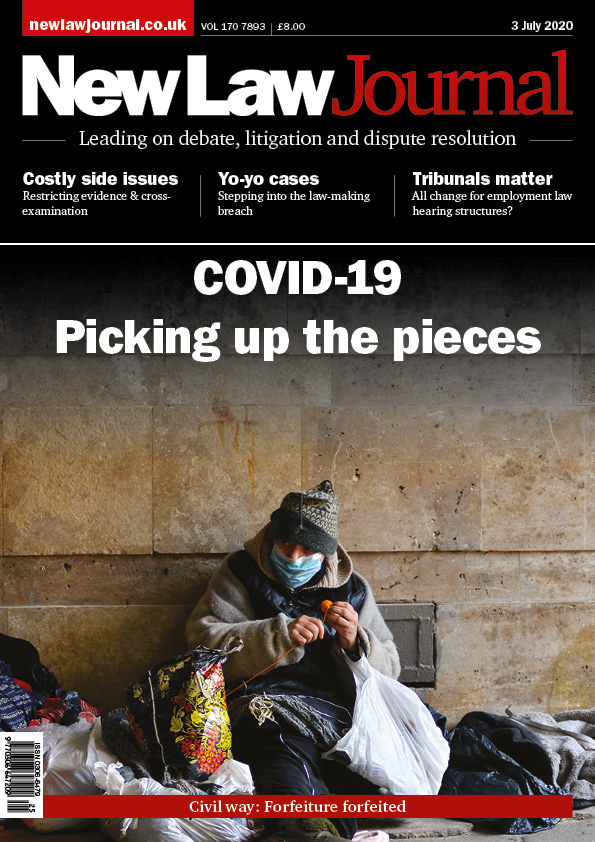
The Central England Law Centre (CELC), which has centres in Birmingham and Coventry, is one of the many advice agencies around the country doing its best to cope with the social fallout of the pandemic. It has seen an escalation of referrals for employment advice and domestic violence. While evictions have been paused during the pandemic, CELC staff predict a ‘bulge’ in cases once they resume.
Wilding and Bent warn that the vulnerable will not ‘bounce back’. Read the article in full here.
@CELCCov










